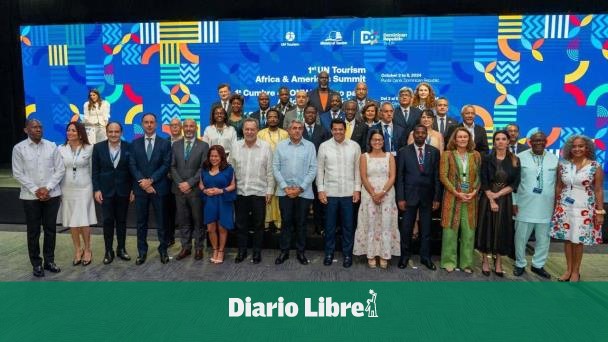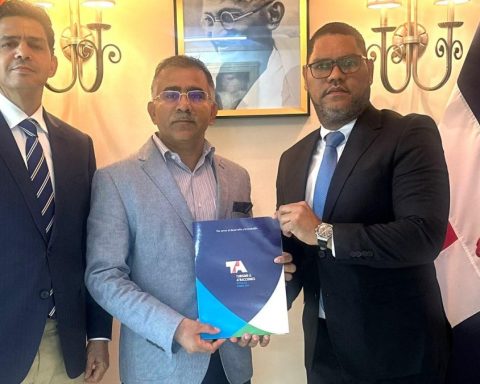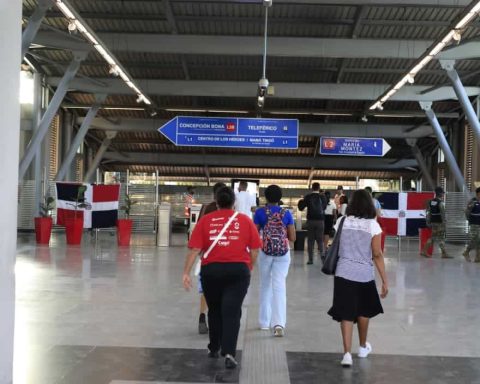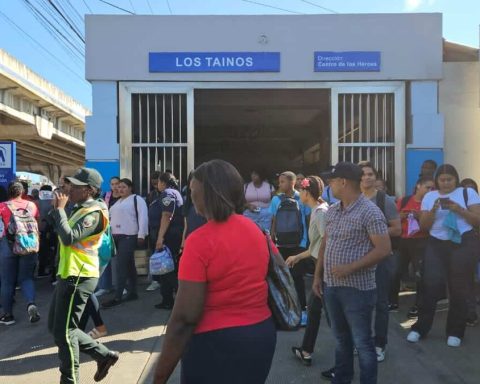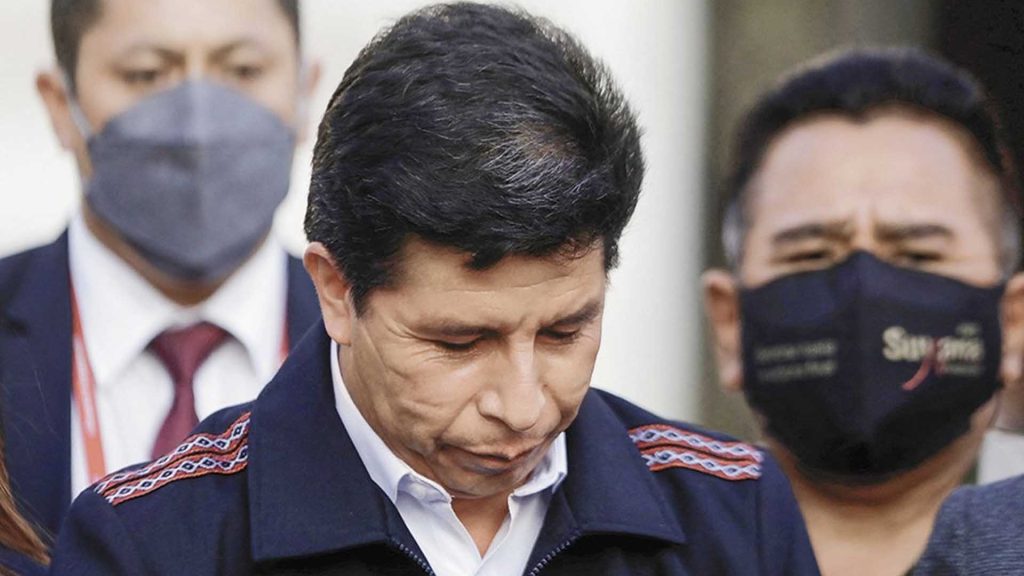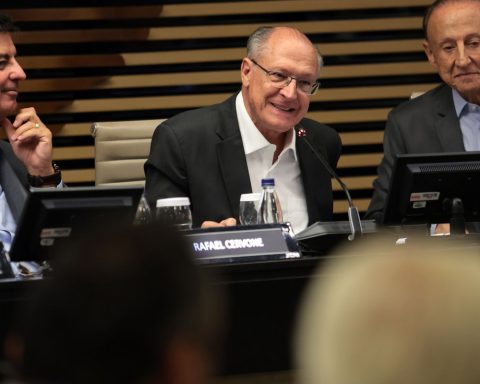The cultures african and Latin Americans share strong ties cultural that can become an important asset to strengthen the tourism industry of these two regions, experts recognized this Friday during the second day of the UN Tourism Summit for Africa and the Americas which is celebrated in Punta Cana.
The United Nations estimates that around 200 million people in the Americas identifies himself as Afro-descendantrepresenting part of that “diaspora“which the African Union describes as a “sixth region,” said Abel Aronátegui, director of the Colón Art and Culture Center in Panama.
Considers that this presents an opportunity to develop a joint strategy for social, economic and tourist development which, in turn, opens the way to generate “historical reparations that are necessary.” “For that we have to start rebuilding ourselves, start by recognizing ourselves in that history common, of that historical debt that we have,” he said.
Kamil Abdul-Karrim, CEO of the consultancy tourism and hospitality PAM Golding, in South Africaagrees with this approach, and understands that the culture builds a bridge to encourage tourism between both regions.
Last year, South Africa reached the arrival of 8 million visitorsforeigners, for a growth of 51% compared to 2022.
However, 75% of these tourists are from other parts of Africa. “Increase levels of tourism (coming from the Americas) requires increasing recognition of our relationship as africans“, he stated.
The figures support that this is viable. According to the United Nations, the main motivation for doing tourism of more than 6,000 million people around the world, it was to know the culture of the destination whom they visited.
“I think that the affinity between South AfricaAfrica in general and the diaspora african It is based enormously on interaction and cultural exchange,” he said.
cultural tourisma way to preserve the history
Abdul-Karrim understands that strengthening the interest of Caribbean and South American people in visiting his country and other African nations requires that they know the history of Africa before colonization.
“I’m not even bringing slavery into this debate, but we had a colonial interruption on our continent during 400 yearsfrom the 16th century to the 19th century,” he pointed out.
The consultant shared with the attendees how he has cultivated interest in its origins, since he is a descendant of Indians who came to South Africa.
However, many Afro-descendants do not know the line of origin of their roots. african. Therefore, understand that the africans must preserve their history, heritage and legacy beyond the “Eurocentric interpretation” that was established with colonization.
“As africans Today, we are the custodians of that history. If we don’t share it, it’s going to die,” he stated during the panel: “Two continentsa history: the connections cultural between Africa and the Americas“.
The panel was moderated by the president of the Free Daily GroupAníbal de Castro, who highlighted the importance of the meeting to “remember our ties culturalincrease cooperation and find new ways to understand each other.
To expand knowledge of these origins from the tourism that is done in the Americas, Aronátegui proposed that each country initiate an uprising of routes cultural in those communities with strong traditions and rituals of African origin.
As an example, he cited that only the countries that make up the Central American Integration System (SICA) have seven registered manifestations of the heritage immaterial of the United Nations Educational, Scientific and Cultural Organization (UNESCO), among which he cited:
- The French tomb (Cuba)
- The rumba (Cuba)
- Bachata (Dominican Republic)
- The brotherhood of the Holy Spirit of the Congos of Villa Mella (Dominican Republic)
- The danced theater of the cocolos (Dominican Republic)
- The festivals and rituals of the culture Congo (Panama)
- Garífona dances and music (Belize, Guatemala, Nicaragua and Honduras)
“Just what I just mentioned represents a great opportunity to connection between both continents for the development of an agenda that strengthens our identity and, to the extent that we strengthen that identity, we will begin to generate tourist exchanges,” he assured.
As Saw Lioness seeks to capitalize on its potential
The permanent secretary of the Ministry of Tourism and Affairs cultural of Saw LionessEdward Kwame Yankson, stated that the bond that unites Africa and the Americas “is unbreakable”, finding a strong link between the cultures of the Americas with those of his country in terms of historygastronomy, music and dance.
In that sense, he explained how the government of Saw Lioness is placing the tourism “at the forefront of its development agenda”, understanding it as an economic activity that allows the development of human capital, innovation and youth empowerment.
As part of this commitment and permanent openness towards the exchange of experiences to improve the management of the tourism In his country, Yankson proposed to Saw Lioness like the next destination for the next UN Tourism Summit for Africa and the Americaswhich is scheduled to be held in 2026.
Abel Aronátegui made it clear that the search for strategic alliances between both regions must confront the structural and systemic racism that is manifested in the Americas with thousands of Afro-descendants living in vulnerable conditions, and in a narrative that ignores the cultural potential of Africa to generate development. economic. He considered this to be a key step to generate awareness that encourages travelers to get to know Africa as a destination whose legacy is present in the culture of Latin America and the Caribbean.
